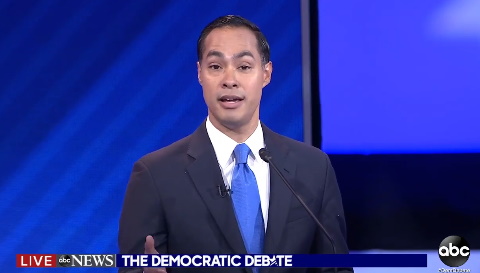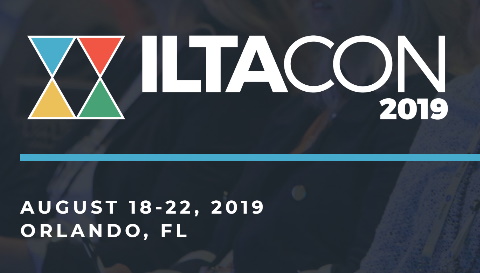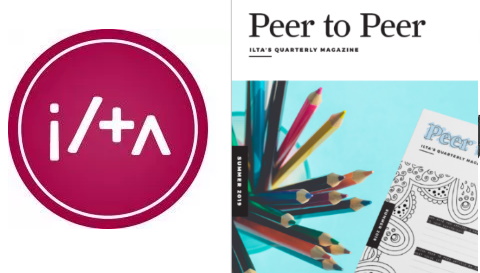(Presidential) Debate Conflicts — Client + City Council Lawyer (Castro) Clash
Posted on
In the final moments of the recent Democratic presidential debates, I found myself pausing the broadcast. (And, I confess, engaging in a conflicts discussion with my very patient and understanding wife, just moments form the conclusion of the entire evening.)
You see, the following story was spun by candidate Julián Castro — an interesting conflict involving a lawyer serving as a public official and the business interests of a client. You can watch the relevant ~minute snippet of the debate video here, or read the transcript:
- “Eventually, my brother Joaquin and I became the first in our family to become professionals. And when I got home, I took a job at the biggest law firm in town. I was making $100,000 a year in the year 2000. A few months later, I got elected to the San Antonio City Council and the city council at the time was only paying a $1040 a year. So everybody had another job. And my job was at the law firm. Well a few months after I got elected, the law firm got a client and the client wanted those of us on the city council to vote for a land deal.”
- “The land deal was that they wanted to build a golf course over our water supply, because we relied on an underground aquifer. I didn’t think the environmental protection plan was strong enough. So I wanted to vote against it and my constituents wanted me to vote against it. But under the ethics rules for lawyers in Texas, because believe it or not, lawyers have ethics rules. You can’t just go against the interests of a client. So I was stuck. On the one hand I wanted to do the right thing. On the other hand, my livelihood, my student loans, my new house payment, my car payment depended on me shutting up, being conflicted out. So one day I walked into my law firm and I quit my job and then I went and I voted against that land deal on the city council.”
So I consulted the Conflicts Oracle, Bill Freivogel, who returned a relevant decision:
- Possible Liability of Board Member to other Client of Firm. Joe v. Two Thirty Nine Joint Venture, 145 S.W.3d 150 (Tex. 2004) A lawyer (Joe) was the member of the city council. His partner represented a local real estate developer. Joe sponsored an ordinance that imposed a moratorium on apartment development. Because of the moratorium the developer was unable to develop some of his property as he wished. He sued Joe and his law firm. The trial court granted summary judgment. The appellate court reversed, essentially calling this a conflict of interest. Among other things the court said more should have been disclosed to the developer so that he could have adopted a strategy to avoid the effects of the moratorium. In this opinion the Texas Supreme Court reversed the appellate court, holding, in part, that telling the developer about the council proceedings was not within the firm’s scope of representation. The court also made rulings about legislative immunity under Texas law.
- Click here for full text of decision
Next I found myself digging into the fact pattern of the large issue. For those curious about this particular rabbit hole, I found a pretty extensive historical summary.









